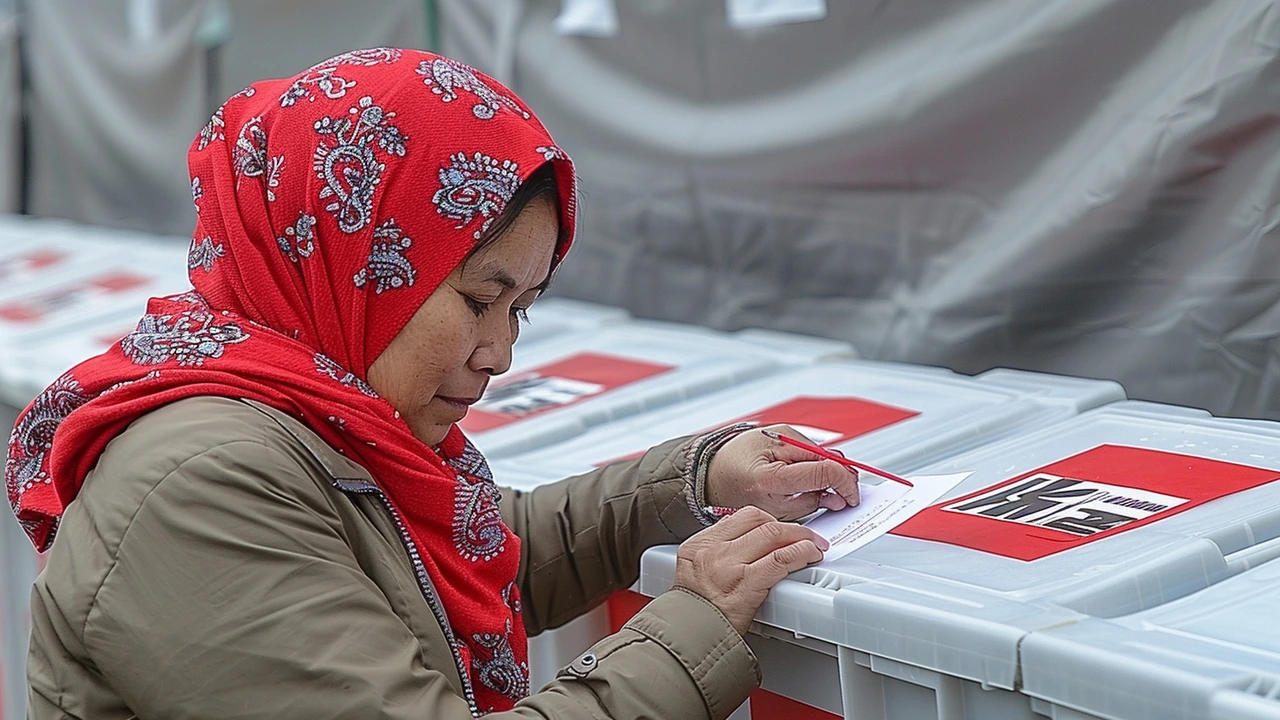All About IEC: What You Need to Know
Wondering what IEC stands for and why it's important? IEC typically refers to the Independent Electoral Commission, a key player in managing elections and ensuring democratic processes run smoothly. If you're tracking political news, election results, or governance updates in South Africa, news tagged with IEC can keep you in the loop.
With so many headlines flying around daily, following IEC-related stories helps you understand how elections and political reforms impact everyday life. Whether it’s about voter registration drives, updates on election dates, or changes in electoral laws, the IEC tag brings you all these developments in one place.
Why Follow IEC News?
Keeping an eye on IEC news goes beyond just knowing election dates. It’s about staying informed on how policies shape governance and public participation. For example, you might find reports on new measures to improve voting accessibility or discussions about election fairness and transparency. These updates matter because they affect the legitimacy of leadership and, ultimately, how well your voice is heard as a citizen.
Plus, during election seasons, IEC news often highlights step-by-step guides on where and how to vote, important deadlines, and tips to avoid common voting mistakes. This kind of info is super handy if you want to exercise your voting rights confidently.
How IEC News Impacts You
Beyond the political arena, stories under the IEC tag sometimes touch on broader social issues. For instance, changes announced by the IEC can influence community projects, public policies, and even economic conditions. Knowing what’s happening helps you anticipate these changes and possibly get involved in public consultations or civic initiatives.
So, next time you’re scanning the news, check out the IEC tag for concrete updates that shape the democratic landscape. It’s a simple way to stay connected to the forces that steer governance and policy-making in South Africa and beyond.

IEC Confronts Glitches on Day One of South Africa's Special Votes
The Electoral Commission of South Africa (IEC) confronted several issues during the first day of the special voting process. The commission acknowledged discrepancies and inconsistencies, including missing ballots at some stations and complaints about the voting system. Despite the glitches, the commission felt positive about voter turnout and urged citizens to vote on May 29.